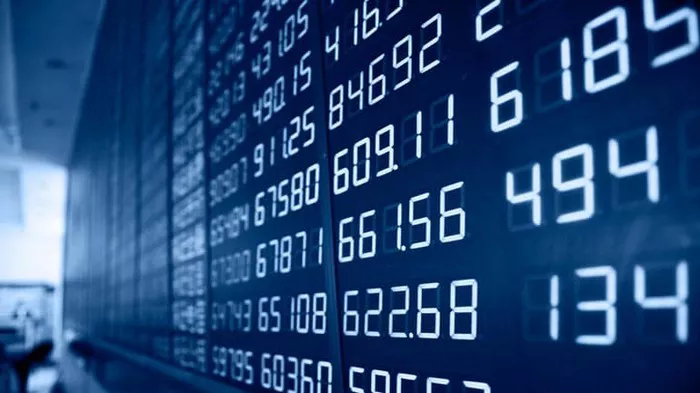Sugar is an important commodity that is widely used worldwide. It is not just used in the food industry but also in the production of ethanol and other industrial uses. As a result, sugar futures trading has become a popular choice among investors who are looking to diversify their portfolio. In this article, we will discuss how to trade sugar futures.
Understanding Sugar Futures Trading
Before we dive into the specifics of sugar futures trading, let’s understand what futures trading is. Futures trading is a financial contract between two parties to buy or sell an asset at a predetermined price and date in the future. The asset can be anything from commodities like sugar, wheat, oil, etc., to currencies and even stocks.
In sugar futures trading, the buyer agrees to purchase a specified amount of sugar at a particular price, on a specific date in the future. Similarly, the seller agrees to sell an exact quantity of sugar at an agreed-upon price by a given date. These contracts are traded on exchanges, and the prices of these contracts change based on market demand and supply.
Factors Affecting Sugar Futures Trading
Several factors can affect the price of sugar futures trading. Some of them are:
-
Supply and Demand
Like any other commodity, the supply and demand of sugar is a crucial factor that affects its price. When there is more demand for sugar than supply, the prices increase, and when there is more supply than demand, the prices decrease.
-
Weather Conditions
Weather conditions can significantly influence sugar crops’ growth, and thus, it can impact its price in the futures market.
-
Government Policies
Government policies such as subsidies, duties, and tariffs can also have a significant impact on the sugar futures market.
-
Currency Fluctuations
Since sugar is an internationally traded commodity, currency fluctuations can affect its price. For instance, if the US dollar weakens, the price of sugar may go up.
Steps to Trade Sugar Futures
Now that we have a basic understanding of sugar futures trading let’s discuss the steps involved in trading sugar futures.
-
Step 1: Open a Trading Account
The first step is to open a trading account with a broker who offers sugar futures trading. It is essential to choose a reputable broker who offers competitive pricing and has a good reputation for customer support.
-
Step 2: Learn the Terminology
Before you start trading, it is crucial to learn the terminology used in sugar futures trading. Some common terms include “tick size,” which refers to the minimum price movement of a contract, “margin requirement,” which is the amount of money required to open and maintain a position, and “expiry date,” which is the date when the contract expires.
-
Step 3: Analyze the Market
To trade successfully, it is important to analyze the market and understand the factors that can affect the price of sugar futures. This involves keeping an eye on the demand and supply of sugar, weather conditions, government policies, and currency fluctuations.
-
Step 4: Decide on a Trading Strategy
Once you have analyzed the market, you need to decide on a trading strategy. There are several trading strategies that you can use, including day trading, swing trading, and position trading. Day trading involves buying and selling the contracts within the same trading day. In contrast, swing trading involves holding the contracts for a few days to a few weeks. Position trading involves holding the contracts for several months or even years.
-
Step 5: Place Your Order
After deciding on your trading strategy, it is time to place your order. You can place a buy order if you think the price will go up, or a sell order if you believe the price will go down. It is important to set a stop-loss order to limit your losses if the market moves against your position.
Conclusion
Trading sugar futures can be a lucrative investment opportunity if done correctly. To trade successfully, it is essential to understand the market and choose an appropriate trading strategy. By following the steps outlined in this article, you can get started with sugar futures trading and potentially earn significant profits. However, like any other investment, sugar futures trading does involve risks, and it is important to have a solid understanding of the market before investing your money.


